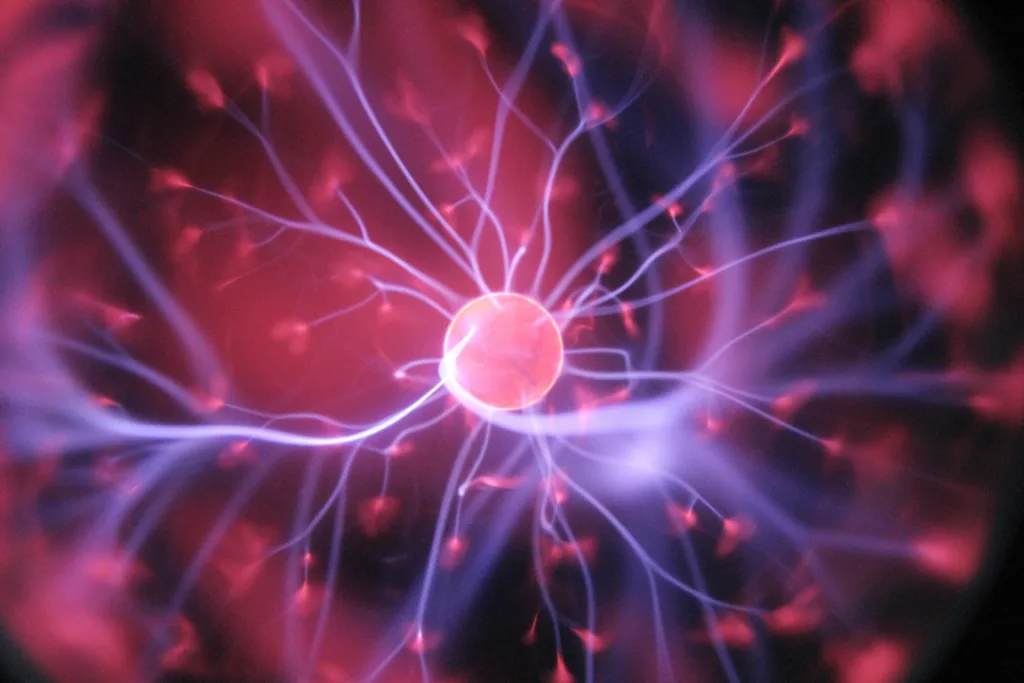Encoding is a critical process that is involved in creating new memories. It is the process of converting information from sensory input into a form that can be stored in our memory system. Encoding involves perceiving something through our senses and having the brain process it into memorable information.
The process of encoding can be broken down into several stages. The first stage involves the perception of sensory input. This can include seeing something, hearing something, feeling something, or even smelling something. The brain then processes this information in order to extract meaning from it. This involves analyzing the information and breaking it down into its component parts.
Once the information has been analyzed and its meaning has been extracted, it can be translated into a format that can be stored in our memory system. This can involve converting the information into a verbal or visual form that can be easily remembered. The brain then stores this information in our memory system, where it can be retrieved at a later time.
There are several factors that can influence the process of encoding. For example, the level of attention that we give to a particular piece of information can have a significant impact on how well we remember it. If we are distracted or not paying attention, we may not encode the information effectively, which can make it difficult to retrieve later.
Similarly, the emotional significance of a particular piece of information can also impact the encoding process. Information that is emotionally charged is often remembered more vividly than information that is not emotionally significant.
The process of encoding is a complex and multifaceted process that is critical to our ability to remember and recall information. By understanding how encoding works, we can develop strategies to improve our memory and recall, such as paying closer attention to important information and attaching emotional significance to key fats and details.
What Is The Process Of Encoding In Psychology?
In psychology, encoding refers to the process of taking in iformation from our surroundings through sensory input and transforming it into a form that can be stored in our memory system. This process involves our senses such as hearing, sight, touch, taste, and smell, which perceive the sensory information and transmit it to the brain for processing. The brain then transforms this information into a meaningful format that can be stored in our memory. Encoding is the first step in the memory process and is crucial for creating long-term memories. Different types of encoding include visual, acoustic, and semantic encoding, each involving different sensory information and processing mechanisms. the process of encoding involves transforming sensory input into meaningful information that can be stored and retrieved later.

What Does Encoding Refer To Quizlet?
Encoding, as defined by Quizlet, is the process of information being entered into the memory system. This process involves extracting meaning from the information and storing it in a way that makes it accessible for later retrieval. In other words, encoding is the initial step in the formation of memories, where information is converted into a form that can be stored in the brain. This process can involve various techniques such as repetition, elaboration, and association, and it is crucial for the retention and retrieval of information. Therefore, encoding is a key component of learning and memory processes.
What Is The Process Of Encoding Quizlet?
The process of encoding on Quizlet refers to the transformation of information into a format that can be transmitted and stored on the Quizlet platform. This can include converting text, images, or oher media into a digital format that is compatible with Quizlet’s database. The encoding process is essential for ensuring that the information can be accessed and used by Quizlet users on various devices, such as desktop computers, laptops, tablets, and smartphones. It involves the use of various encoding techniques, such as compression, encryption, and formatting, to optimize the data for efficient storage and transmission. encoding is a crucial step in the Quizlet platform’s workflow, enabling users to create, store, and share knowledge with others.
What Is Encoding In Psychology Quizlet?
In psychology quizlet, encoding refers to the process of taking in information or stimuli from the environment and converting it into a form that can be stored in the memory system. This process involves the extraction of meaning from the incoming information, which is then transformed into a code or pattern that can be stored in the brain. Encoding is a critical cognitive process that enables individuals to retain and recall information over time. It can occur trough various means, such as visual, auditory, or semantic processing. encoding is a fundamental process that enables individuals to learn, remember, and use information effectively.

Conclusion
Encoding is a crucial process in the formation of memories. It involves the initial perception of information through our senses, whih is then processed by the brain into a form that is memorable and can be stored for later retrieval. This process of converting information into a new acceptable form is fundamental in the transmission of data. It is essential to note that the way we encode information affects how well we remember it. Therefore, the use of effective encoding strategies is vital for retaining and recalling information. By understanding the process of encoding, we can improve our memory skills and enhance our ability to learn and retain new information.
